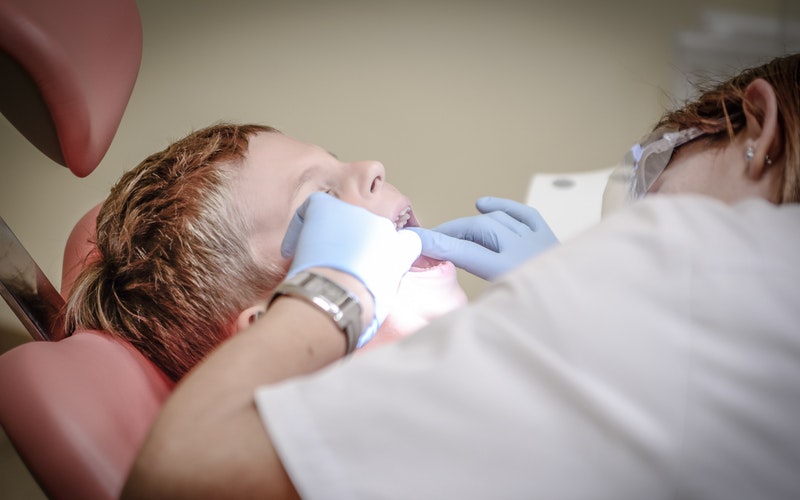Many of us celebrate the holiday season by attending parties and celebrations at the office, with friends, and in our homes with family. One of the most essential parts of these wintertime celebrations includes the many wonderful holiday treats that we only seem to eat during this time of year. Unfortunately, most of these holiday goodies can give us bad breath. Anyone hoping to get a kiss under the mistletoe this year had better follow the advice of their Erlanger family dentist for avoiding these commonplace bad breath culprits.
Candy is Dandy for Causing Bad Breath
From candy canes to hot cocoa swimming with marshmallows to Grandma’s famous Christmas fudge, sugary goodies pervade the snack table at nearly every holiday gathering. Unfortunately, those sweet treats don’t just widen your waistband. They also ruin your breath. Particles of sugar left in your mouth become food for bacteria. These bacteria digest the sugar and produce a foul-smelling, acidic by-product that eats away at your tooth enamel and gives you dragon breath.
- Our Advice: Indulge in a single serving of your favorite holiday goodie and be sure to either brush your teeth or chew a piece of sugarless gum afterward.
Liquor is Quicker for Developing Halitosis
A glass of wine with dinner, a glass of champagne with dessert, and a few cocktails or beers while socializing. All that alcohol can add up to a wild night and mouthful of stink. Not only do most alcoholic drinks contain sugar that feed oral bacteria, but alcohol also causes dry mouth, a condition characterized by reduced saliva production. Without normal levels of saliva washing away bacteria and dead cells, you experience a buildup of these odor-causing elements.
- Our Advice: If you choose to drink at a celebration, enjoy at least one glass of water after every alcoholic beverage. It will help stave off dry mouth and bad breath and can reduce the severity of a hangover.
Bad Breath: There’s an App(etizer) for That
Party appetizers are the perfect storm of bad breath-causing ingredients. Nearly all of them contain some combination of cheese or other dairy, salt, garlic, onion, or meat and while they may taste glorious, they’ll leave your breath smelling foul. Some foods, like garlic and onions, contain volatile sulfur compounds that cause bad odors to linger in the mouth. High protein foods such as dairy and meat attract bacteria that produce nasty-smelling by-products.
- Our Advice: Enjoy a bit of that gourmet cheese ball or hot crab dip, but follow up your noshing with a few carrot and celery sticks from the veggie tray. Munching on raw vegetables has an abrasive effect that cleans the teeth, plus it encourages salivation which cleans the mouth naturally.
Schedule an Appointment for Fresh Holiday Breath
To schedule an appointment with Dr. Darlene Henry, call our Erlanger dental office at (859) 344 – 8500. We gladly serve patients from Cincinnati, Crestview Hills, Fort Mitchell, Florence, Union, Independence, Taylor Mill, the 41018 zip code, and surrounding communities.









